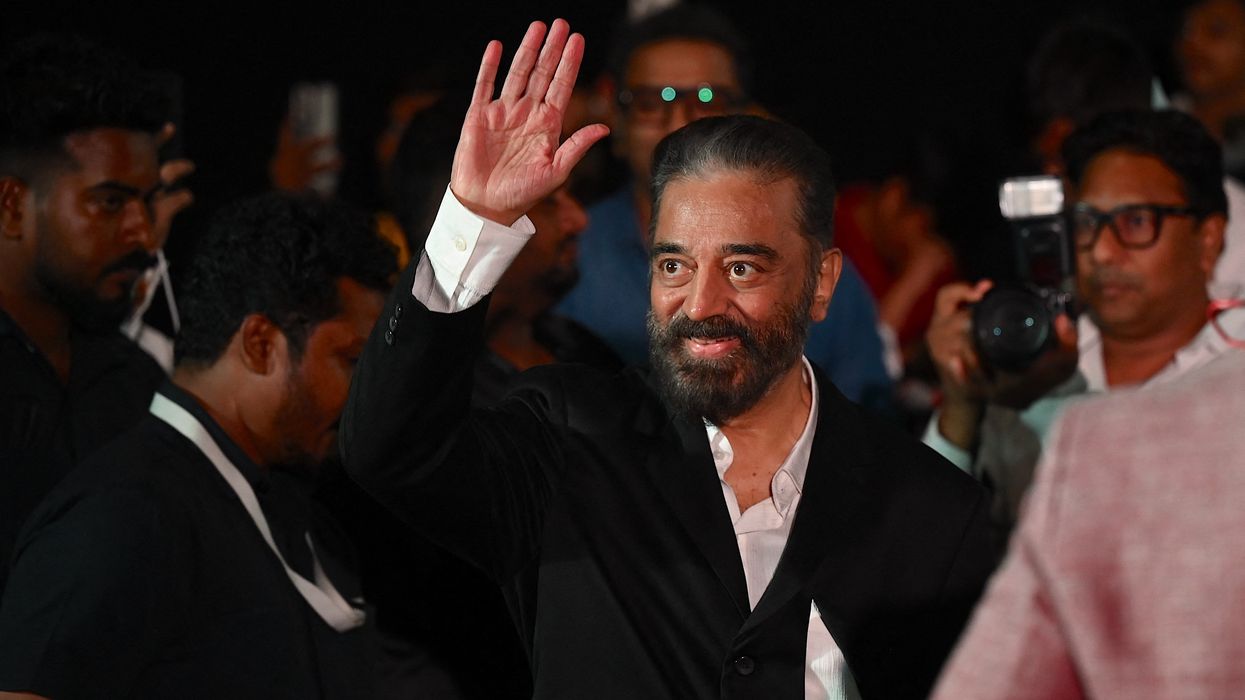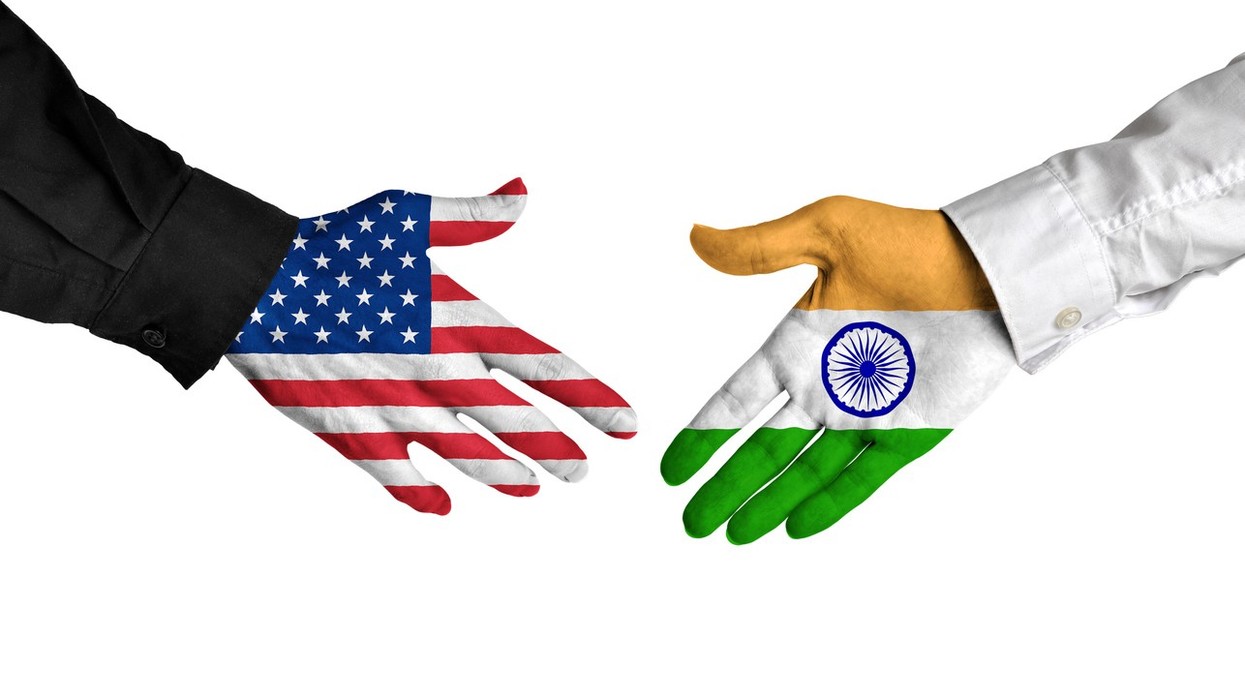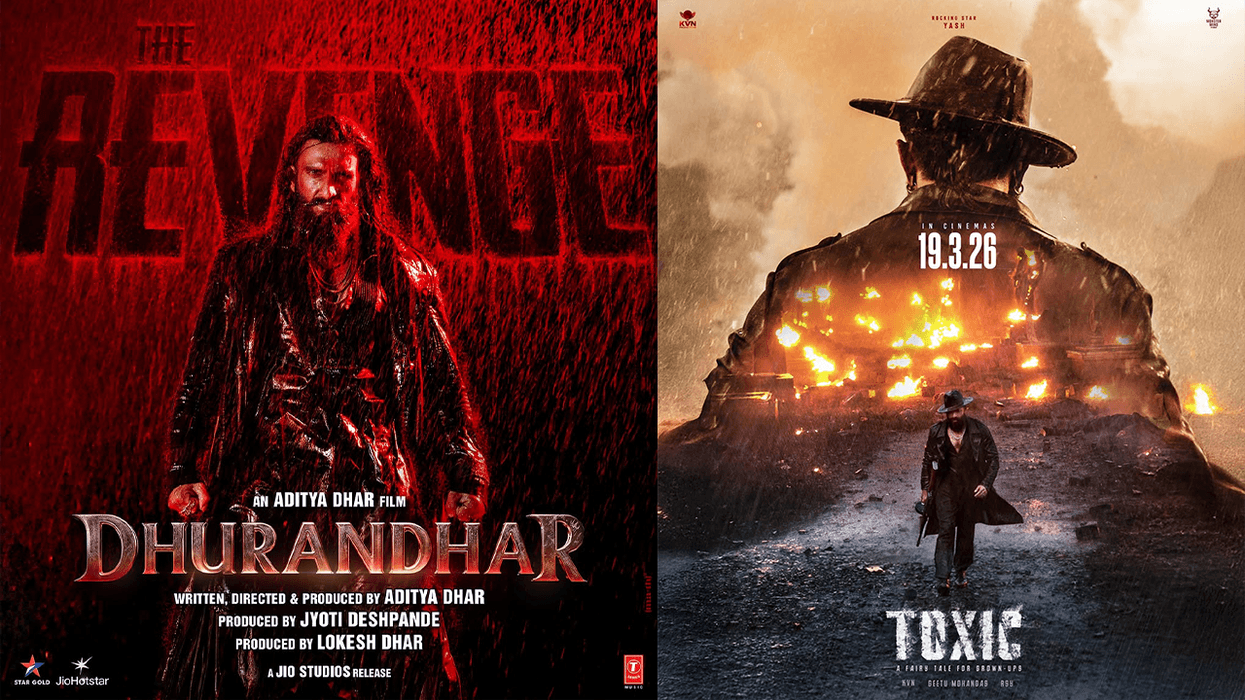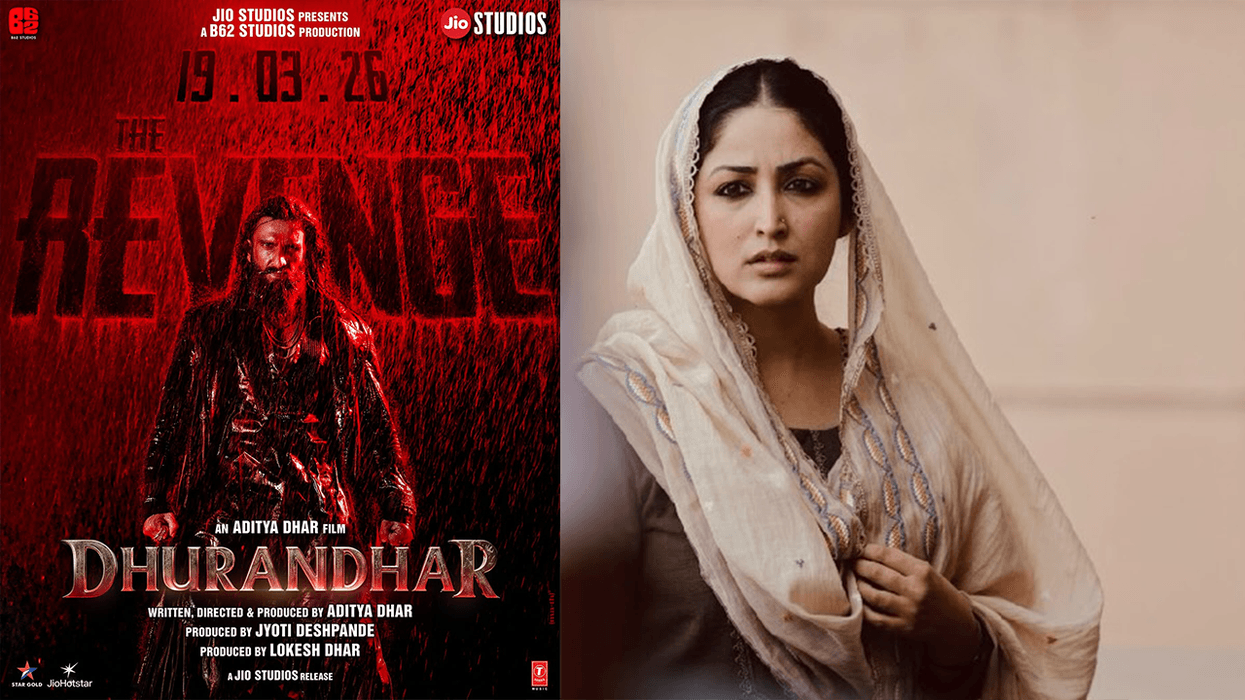Highlights:
- The 1987 classic Nayakan re-released to celebrate Kamal Haasan’s 70th birthday.
- His portrayal of Velu Naicker remains one of Indian cinema’s most layered performances.
- The film’s moral complexity mirrors Haasan’s fearless approach to storytelling.
The man who turned contradictions into cinema
When Nayakan returned to theaters in 2025 for Kamal Haasan’s 70th birthday, it wasn’t just nostalgia; it was recognition. Few performances in Indian cinema have aged as powerfully as Haasan’s turn as Velu Naicker, the don who becomes both savior and sinner.
At a time when heroes are expected to be spotless, Haasan built his legacy by walking straight into moral fire. He didn’t play characters; he dissected them. In Nayakan, every glance, pause, and whisper feels like a lifetime of conflict, a man trying to do good while sinking into darkness.
Why Nayakan remains Haasan’s defining role
Directed by Mani Ratnam, Nayakan told the story of a boy from Tamil Nadu who rises to power in Mumbai’s underworld. But beneath the gangster arc was Haasan’s quiet war with morality. His Naicker isn’t a rebel for glory, he’s a man crushed by the system, building his own version of justice when the law fails him.
Haasan made audiences empathize with someone they were never meant to admire. It’s this ability, to humanize the flawed, to make sin feel soulful, that turned Nayakan into a benchmark for character-driven cinema.
- YouTube YouTube/ Noise and Grains
The courage to be imperfect
What makes Kamal Haasan remarkable is that he never sought comfort in likability. His characters, from Moondram Pirai to Hey Ram, live in the grey zones where art thrives and morality blurs.
In Nayakan, he didn’t justify violence; he questioned what drives a man to it. Even the film’s final scene, when Naicker silently faces his grandson’s question, “Are you a good man or a bad one?”, feels like Haasan’s lifelong creative inquiry. Every film since has been his way of searching for that answer.
The legacy of a risk-taker
Revisiting Nayakan in 2025 is a reminder of how Haasan changed the grammar of acting in India. He didn’t chase stardom; he built substance. He made introspection cinematic and vulnerability powerful.
While today’s actors often fear missteps, Haasan built an empire on them. His willingness to experiment, to age, to fail, to question, is what keeps his work timeless.
A question that still lingers
As Nayakan screens again nearly four decades later, it’s hard not to see it as Kamal Haasan’s own reflection, a man constantly at war with perfection, refusing to simplify life into good and bad.
When the lights go down and that final question returns, “Are you a good man or a bad one?”, it no longer belongs to Velu Naicker. It belongs to Kamal Haasan, the actor who turned that question into a career-long conversation with his audience.














